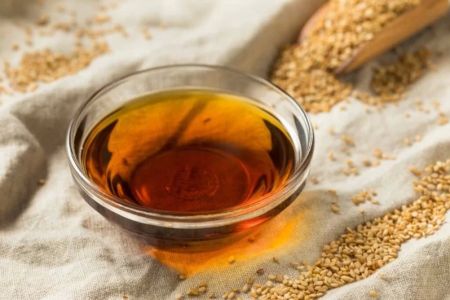What to Expect at a Chinese Tea Ceremony in the US: A Cultural Experience
- 1. History of Chinese Tea Ceremonies
- 2. Elements of a Traditional Chinese Tea Ceremony
- 3. What to Expect During a Tea Ceremony in the US
- 4. Popular Tea Varieties Served in Chinese Tea Ceremonies
- 5. How to Participate in a Chinese Tea Ceremony
1. History of Chinese Tea Ceremonies
The Chinese tea ceremony has a long and rich history that dates back thousands of years. Tea was first discovered in China during the Tang Dynasty (618–907 AD) and quickly became an integral part of Chinese culture. Over the centuries, the tea ceremony evolved from a simple way to prepare and drink tea into a highly ritualized practice, symbolizing respect, harmony, and spirituality.
Chinese tea ceremonies were once exclusive to the elite and royal families, but today, they are enjoyed by people of all backgrounds, both in China and abroad. In the US, the growing interest in Chinese culture has brought these ancient tea rituals to a wider audience, offering a unique and immersive experience.
2. Elements of a Traditional Chinese Tea Ceremony
A traditional Chinese tea ceremony is a multi-step ritual that focuses on the art of preparing and serving tea in a precise and respectful manner. The main elements of a Chinese tea ceremony include:
- Tea Selection: The type of tea chosen is central to the ceremony. Popular teas include green tea, oolong tea, and pu-erh tea. The quality of the tea leaves is carefully considered.
- Tea Utensils: Essential tools for the ceremony include a tea pot, tea cups, a tea tray, a tea strainer, and sometimes a small tea pitcher for serving. The utensils are often made of delicate materials like porcelain or clay.
- Tea Preparation: The process of brewing tea involves warming the tea utensils, carefully measuring the tea leaves, and steeping them in the right temperature water. Each step is performed with attention to detail and mindfulness.
- The Pouring Process: Tea is poured in a smooth, controlled manner, and guests are offered tea in a specific order. Traditionally, guests should accept the tea with both hands as a sign of respect.
Each of these elements plays a vital role in creating a ceremonial experience that is meditative and centered on the appreciation of tea.
3. What to Expect During a Tea Ceremony in the US
While Chinese tea ceremonies in the US are adapted to fit modern settings, they still maintain much of the traditional structure. If you attend a Chinese tea ceremony, here’s what you can expect:
- A Welcoming Atmosphere: Guests are typically greeted warmly and invited to relax. The host may offer a short explanation of the ceremony’s significance and the tea being served.
- The Ceremony Begins: The tea preparation will be carried out with great care. The host will typically demonstrate each step, explaining the techniques and traditions behind them. Depending on the setting, you may be invited to help with certain tasks, such as pouring the tea or offering it to others.
- Enjoying the Tea: After the tea is served, guests are encouraged to enjoy it in a quiet and reflective manner. The tea should be sipped slowly, appreciating both the taste and the experience of the ceremony.
- A Sense of Community: The ceremony is often about more than just drinking tea—it’s about connecting with others and engaging in a shared moment of mindfulness. You may discuss the tea, the ceremony, or simply enjoy the tranquil environment.
Many Chinese tea ceremonies in the US are hosted in cultural centers, tea houses, or during special events like Chinese New Year. It’s a wonderful way to immerse yourself in Chinese culture while enjoying a peaceful, social experience.
4. Popular Tea Varieties Served in Chinese Tea Ceremonies
Different teas are often selected for Chinese tea ceremonies based on their flavors, health benefits, and cultural significance. Here are some popular tea varieties commonly served:
- Green Tea: Known for its light, fresh flavor and numerous health benefits, green tea is one of the most popular teas served in Chinese tea ceremonies. It’s known for promoting digestion and overall well-being.
- Oolong Tea: A partially fermented tea that offers a balance between green and black tea. It’s appreciated for its smooth taste and floral notes, making it a favorite in tea ceremonies.
- Puerh Tea: A fermented tea that is often aged and known for its earthy taste. Puerh tea is commonly served in more formal ceremonies and is believed to aid in digestion and detoxification.
- Jasmine Tea: A fragrant tea that is infused with jasmine flowers, giving it a delicate and aromatic flavor. Jasmine tea is often served to provide a refreshing end to the ceremony.
Each type of tea offers a unique experience and plays a role in the overall flow of the ceremony, enhancing both the flavor and the cultural connection.
5. How to Participate in a Chinese Tea Ceremony
Participating in a Chinese tea ceremony is a delightful and enriching experience. To ensure you make the most of it, here are some tips on how to participate:
- Respect the Ritual: Pay attention to the host’s instructions and follow their lead. The tea ceremony is a meditative experience that requires mindfulness and respect for the traditions.
- Appreciate the Tea: Take time to savor the flavor of the tea and appreciate the subtle aromas. Enjoy each sip slowly and reflect on the experience.
- Express Gratitude: It’s customary to express your appreciation to the host for their hospitality. If you are served tea, accept it with both hands as a sign of respect.
Attending a Chinese tea ceremony can be a powerful way to deepen your appreciation for Chinese culture and connect with others over a shared ritual. Whether you’re new to tea ceremonies or a seasoned participant, it’s an experience that’s well worth embracing.


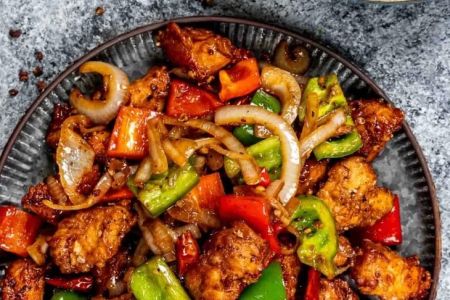
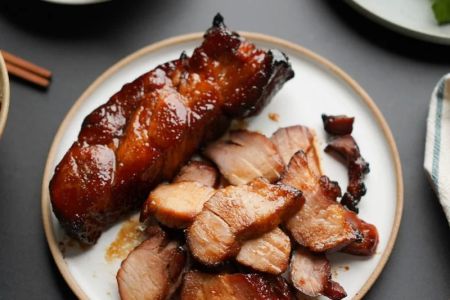
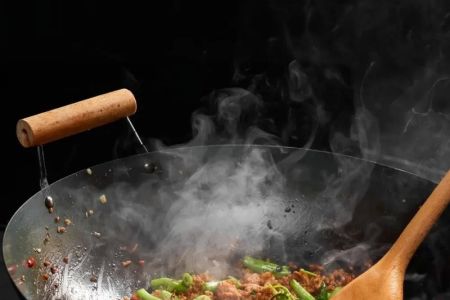
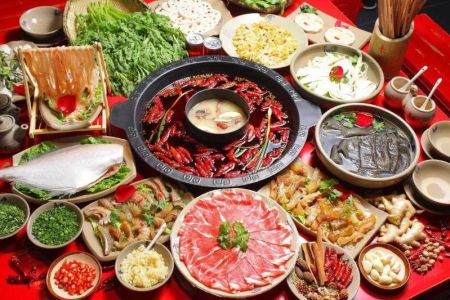
![Top Chinese Restaurants for Authentic Cantonese Cuisine in [Your City]](https://img.gochinarose.com/d33/2507/4157910400_450x300.webp)
